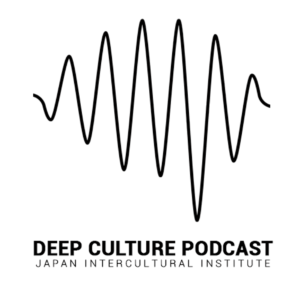The downside of good intentions
Idealism and good intentions
 In my intercultural work, I encounter a great diversity of people. Most have been working internationally for some time and want to sharpen their intercultural craftsmanship. Others are being sent out for the first time, for example for a one-time international consulting job, volunteer work or an internship. Those who travel to the Global South, in particular, are often idealistic and full of good intentions. The interesting – and positive – thing is that more and more people are questioning these best intentions for themselves.
In my intercultural work, I encounter a great diversity of people. Most have been working internationally for some time and want to sharpen their intercultural craftsmanship. Others are being sent out for the first time, for example for a one-time international consulting job, volunteer work or an internship. Those who travel to the Global South, in particular, are often idealistic and full of good intentions. The interesting – and positive – thing is that more and more people are questioning these best intentions for themselves.
- What are my blind spots when I want to help people but don’t know the context?
- Who am I really to share knowledge?
- How relevant is my knowledge in that totally different context?
- And … can’t I contribute better by staying home?
 Last week, I had an intriguing conversation in the breakout room of the Japan Intercultural Institute’s Learning Circle. Together with international colleagues, we were discussing how to better enable our participants in online intercultural trainings to learn and to connect with each other. My colleague from Japan mentioned that her biggest challenge was the silences in breakout rooms. I was surprised. That was a phenomenon I do not know from my Western nor my international mixed groups.
Last week, I had an intriguing conversation in the breakout room of the Japan Intercultural Institute’s Learning Circle. Together with international colleagues, we were discussing how to better enable our participants in online intercultural trainings to learn and to connect with each other. My colleague from Japan mentioned that her biggest challenge was the silences in breakout rooms. I was surprised. That was a phenomenon I do not know from my Western nor my international mixed groups. 
 The
The  This collection of Reflections on Intercultural Craftsmanship offers an insightful and sometimes entertainingly fresh perspective on intercultural effectiveness. The starting point is our own cultural logic, the set of assumptions that we unwittingly take with us throughout our lives, and the manner in which they influence our interaction with people from a different cultural background. It is about our brain, about our intuitive mind that quickly reacts from our own deeply-rooted norms and values, about the impact of bias and stereotyping, and of course, about the development of intercultural competences in order to become more interculturally effective.
This collection of Reflections on Intercultural Craftsmanship offers an insightful and sometimes entertainingly fresh perspective on intercultural effectiveness. The starting point is our own cultural logic, the set of assumptions that we unwittingly take with us throughout our lives, and the manner in which they influence our interaction with people from a different cultural background. It is about our brain, about our intuitive mind that quickly reacts from our own deeply-rooted norms and values, about the impact of bias and stereotyping, and of course, about the development of intercultural competences in order to become more interculturally effective.




